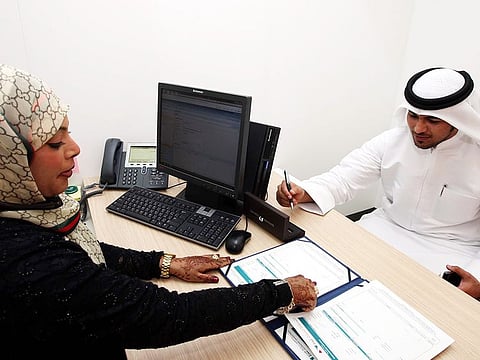Women merit equal access to resources and opportunities
Empowerment and inclusion of women integral to national health-care outcomes of countries

Dubai Health Authority’s (DHA) decision to set up a Gender Balance Council, which is to be formally announced at the Dubai Health Forum 2019, to be held from January 21-22, segues seamlessly with the UAE’s overall commitment to gender balance goals for its women. The move is all the more commendable due to the role played by the health sector, which is one of the most important indices in national well-being. And as a sub-indice in health care, the role of women, their empowerment and inclusion, are integral to national health-care outcomes in general.
One of the accelerators of DHA’s initiative is to ensure that the ratio of males to females is on par. Why is female representation in health care important? Because it leads to a balanced, more focused approach to women’s health issues, an objective that is arguably not well-served if dealt predominantly by a male-led field of policies and palliatives. This has been routinely endorsed by many studies and research in both the developed and developing worlds. Take the issue of maternal and child mortality rates, a serious concern for every society across the world. The minimal the numbers, the more positive is the prognosis of societal health. But in order to reach this goal, women should be given equal access to resources and opportunities, including economic participation and decision-making.
According to UN Women, the real thrust of sustainable, inclusive socioeconomic growth in societies occurs when women-focused policies begin to close the gender gaps in leadership, entrepreneurship and policy formulation — a purpose that is already embedded in DHA’s Gender Balance Council’s objectives as it works to increase the number of women going in for higher studies in medicine, nursing, paramedic studies, pharmacy return. This is a grass-roots strengthening of its overall purpose and integral to how the health-care sector develops, strategises and implements its programmes.
The DHA already follows all four international key performance indicators for gender balance, announced by the Organisation for Economic and Cultural Development. These being maternal mortality rates, child mortality rates from 0-7 years, adolescent pregnancy rates and immunisation coverage, the statistics for which are sent to the United Nations once every four years and now with the Gender Balance Council, these KPIs will be continually monitored by the evolving initiatives, ensuring that the objectives are always in the cross-hairs.



